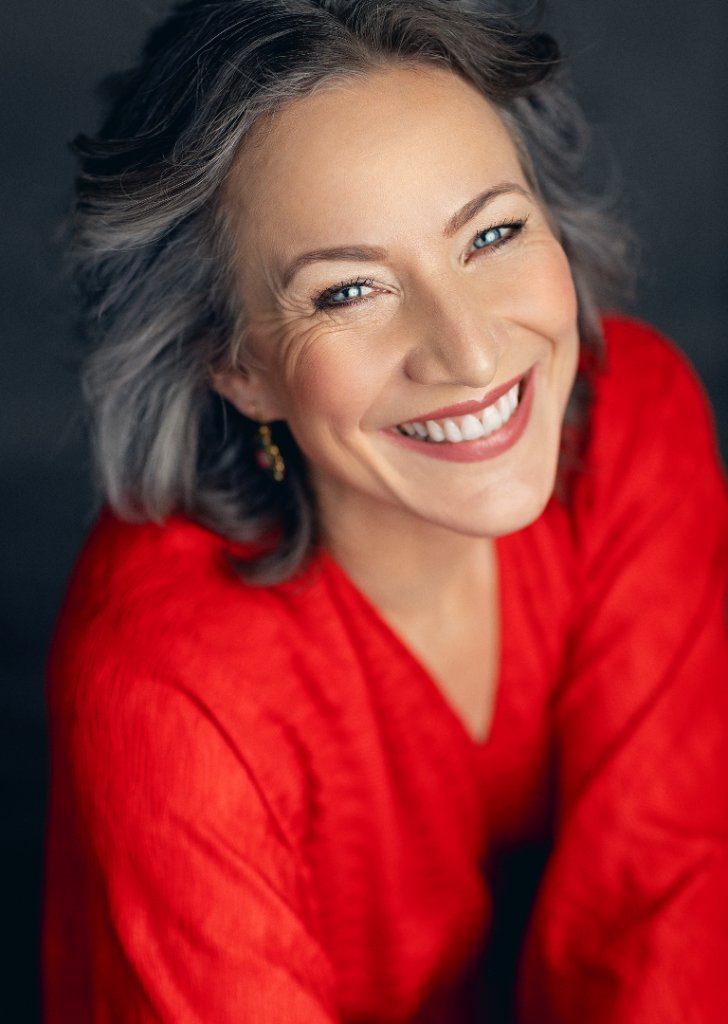
Ever since Amélie Yan-Gouiffès decided to dedicate her life to helping others she’s proved that there’s never a bad time to start following your heart. After working for 17 years managing humanitarian projects in countries such as those in former Yugoslavia, Colombia, Zimbabwe, Eritrea, Nicaragua, Haiti, and Nepal amongst many others, she now supports leaders and change-makers to share their message with the world. Now this debut author, who is an international speaker, coach, humanitarian and a mother, has found her new home in Madrid and continues to contribute to make the world a better place. Amélie’s journey has recently been laid out in the pages of her book “Speak & Live Your Legacy.”
You regularly undertake humanitarian missions to countries that have suffered natural disasters. Could you explain what exactly that involves?
I work with people from international organizations and the governments of those countries. Once I’m there, I listen to people who have gone through a disaster, talk with local families, and learn what their needs, priorities or coping strategies are. Then I figure out how I can support them. So, for me it’s all about listening, developing their abilities to face future disasters, and doing all this with my 20 years of experience working in various contexts, managing different emergencies, supporting people to recover and helping governments to prepare for possible future disasters.
What kind of support do you usually provide for those people?
It depends on the organization I work for but my main focus is on empowering people. That’s why I’m so passionate about disaster risk reduction – I want people to learn how they can protect their livelihoods and have the information and knowledge they need the most.
However, the first issue when disaster happens is providing basic necessities such as water, food, and shelter. Next is the need to recover and move on from the disaster. In French, my native language, we have this word relèvement which means getting back up onto your feet. Actually, that’s why English is better for my work – we don’t have a word for empowering in my mother tongue. Recovery from a disaster is about standing up and moving forward, giving autonomy and responsibility to people. In humanitarian aid and recovery work it’s all about rebuilding things better than they were. For example, if I rebuild your house exactly how it was before, the flood will destroy it again. So I have to find out how to build your house so it won’t happen again. Therefore, relèvement means standing back up and giving people that push so they can walk forward by themselves.
How do you choose which organizations to work for? Do they come to you with a position in a particular humanitarian mission or do you look for opportunities yourself?
In the past I used to look for jobs, send my CV, go to interviews, like everyone else. That was until 6 years back when I decided to quit my regular job in international organizations because I had this feeling that there was something else I should be doing. You know when you have those moments in life when your gut just tells you that you have to go somewhere else even though you don’t know where yet. Therefore, I quit my job and started coaching, speaking and exploring what was out there for me, figuring out what my calling was.
I started doing humanitarian missions again a couple of years ago and have focused on working with governments. The last 2 years was much more about supporting governments, showing them how to make the right decisions regarding disaster recovery, and learning how a disaster can become an opportunity to implement government strategies. How do we turn this into an instrument to make the visions and dreams of those countries come true?

Journalists who go to conflict zones sometimes speak about this kind of strange addictive quality to visiting those places that might be hard for some people to understand. How do you feel every time you come back home from a mission?
3 years ago, I made a list of five countries that are a must for me to work in and three of those are Pakistan, Afghanistan, and Iran. These countries may have systems that challenge many of our values and the concept of freedom we have, but the people there are the same as us. They are so resilient, strong and inspiring. Recently when I was in Bangkok, I met a Deputy Minister from Afghanistan and he was telling me how every day he watches his six year old daughter get into a bulletproof car because of what he does and he realises that he’s putting her life at risk because he’s choosing to work for his country and fight for peace.
When I was working in emergency response there were emergencies all over the world and that was where I had to be. Your adrenaline gets activated by your sense of purpose because in those moments you want to save the world. And seeing that solidarity between people touches me a lot. So, I think yes, there is something addictive. Also, whenever I´m home, I feel grateful and appreciative, even for things like a hot shower or a comfortable bed. Similarly, I could never throw food out and I don’t let my kids do it either. Every time I eat, it´s not that I think the people from the countries I visit are poor, but I do feel grateful for my life.
Is it difficult to keep the balance between your humanitarian work and your personal life?
Yes, it is. Is there anyone in the world who has achieved that balance? I don’t think so. It’s a journey of feeling it out and finding success along the way. I have actually taken my kids with me a few times, for example we went together to the Comoros in East Africa. They loved it.
What sort of conditions do you live in when you visit those countries?
It depends, but when I was working in the field, I lived in a house with some of my colleagues. When I was working in the jungle of Colombia with the Red Cross, we had to sleep on the floor in local people’s houses with mosquito nets.
Have you ever gone to a country which has suffered war-inflicted trauma rather than a natural disaster?
Yes, when I was in Colombia there was a lot of conflict, much like in Bosnia & Herzegovina after the war, as well as Eritrea, and Cameroon. Often the cause of conflict can be things like armed terrorism groups that attract young people, limited natural resources, and the presence of refugees and migrants leading to conflict with the local community. And you still have to find ways to help even when what you did before was relief for natural disasters because it’s the same people. So, it’s important to understand the context you´re in.
What was the breakthrough that encouraged you to quit your day job and dive into entrepreneurship? Was it hard at the beginning?
Well, I’m quite good at taking radical decisions. When I was 18, I took a suitcase, jumped on a train and came to Spain without speaking any Spanish. Therefore, changing my career wasn’t the hardest part for me. It takes courage of course, but my soul was pushing me so hard that I couldn’t ignore that. I knew I wasn’t in the right place anymore. So, I registered to do this coaching certification program even though I didn’t know what coaching was. One day I happened upon an advertisement saying “Learn How to Ask Empowering Questions” and I really wanted to do that instead of just giving out advice.
I always used to be that person that sits in the office that everybody would come to telling their stories and asking for advice – I think it’s because I’m an optimist and I’m good at navigating life. And you know, sometimes it’s not empowering to give out advice. I wanted to learn to ask empowering questions. That program, which took 11 months, was such an amazing journey, even though it was also really difficult. And it was the first time that I was being coached and coaching others. I found out the power the right question can have. At the end, I was making a pros and cons list to work out what I should do next. Finally, I told myself that tonight I’m going to make a decision and tomorrow I will announce it to the world. And that’s what I did.

Did you ever have any doubts on this decision?
Of course, during my journey I made mistakes and I didn´t have an easy path. Now when I look back, I wouldn’t make such radical decisions, I’d keep my day job until I found something else. There were moments when I thought “Oh my God what did I do?” and during the first few days I cried a lot. I wasn’t even sure how I was going to fill up the fridge for me and my kids. Nobody that I knew was still around, everything in this entrepreneurship world was very new to me. At the beginning I was asking myself “Who am I?”, because when you’re doing humanitarian aid it’s very clear what your purpose is and I wasn´t doing that any more. For a moment, I wasn’t sure what Amélie’s contribution to the world was. So, it was scary but exciting at the same time. I love seeing people who are different than me and learning from them. I talk a lot but I also love to listen. And sometimes… all you need to do is jump.
You spent many years living outside Europe, such as Thailand, for example. However, you have now chosen to make your home here permanently. What specifically drew you to Madrid?
Two years ago, I decided to come back to Europe after 23 years. I wanted to go to somewhere I already knew and spoke the language, so it was either France or Spain. And well… I adore Madrid. It’s safe, nobody is going to judge me here or tell how I should look. Besides I love the human connection you find in this city, people are so warm here, and Madrid is very modern and yet it still has its soul. These are the things I miss the most about living in the field.
You recently published “Speak & Live Your Legacy”. Do you think people think enough about their impact on this world?

I think the problem we have is thinking about the legacy we are going to leave the day we die. But it´s too late then, at that point we´ll have regrets but no time to do anything about them. Therefore, we have to think what are we leaving behind now, every single day.
Whose work and legacy you admire the most?
That would be Oprah Winfrey, as well as Barack and Michelle Obama. I also admire the drive that Jack Ma has and how he lives his legacy. I love Pope Francis’s message too, and how he encourages people to contribute to the world using the gift of their daily lives.
Interviewed by Kotryna Gureviciute

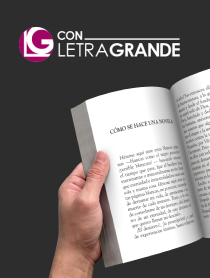
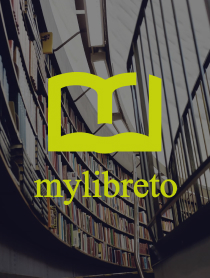
 05 / February / 2020
05 / February / 2020 
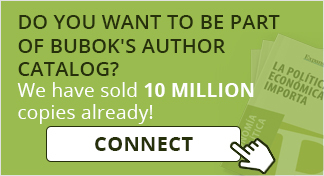


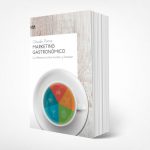



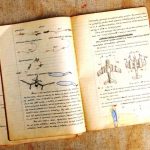


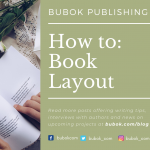

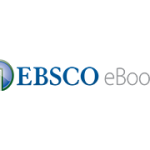



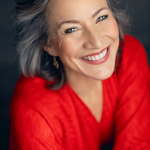
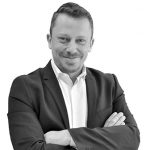





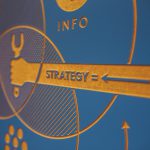








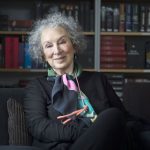


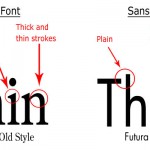


 Recent Comments
Recent Comments
